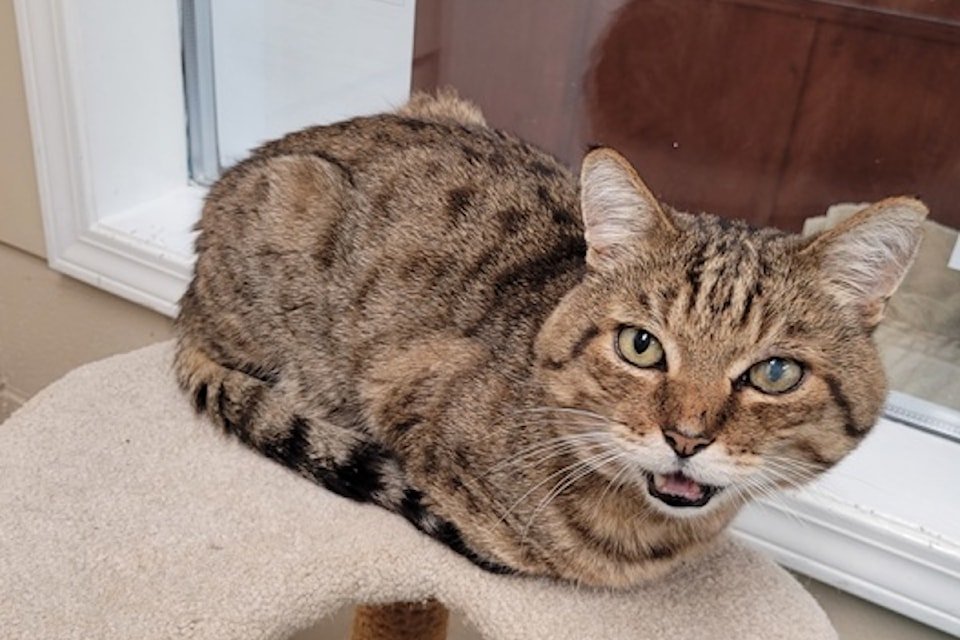Parksville-Qualicum Beach BC SPCA reported caring for 43 stray and surrendered animals from Parksville city limits in 2025. Of these, 25 were strays, while the rest were surrendered by owners, centre manager Janelle Hill told Parksville council on October 6.
“Stray animals also include abandoned animals,” Hill noted, highlighting the overlap in the statistics.
The top reason for surrendering pets is financial difficulty. Many owners cannot cover veterinary costs or other necessary expenses, forcing them to make the hard decision to give up their animals.
“A lot of people are surrendering their pets because they can’t afford the vet care that is needed,” Hill said.
The second most common cause is housing. People who move or face eviction often struggle to find pet-friendly accommodations, leaving them no choice but to surrender their pets.
Despite these challenges, local adoptions are strong. In Parksville alone, 34 animals found new homes in 2025. Most—30 animals—needed spay or neuter procedures before they could be adopted, Hill added.
Across the region, the PQB BC SPCA adopted out 82 dogs and 154 cats in 2025. The organization also distributed more than 900 kilograms of pet food through its food pantry to support pet owners in need.
The SPCA facility is located just outside Parksville at 1565 Alberni Highway. It is staffed seven days a week and open to the public from Tuesday to Saturday. Hill said 65 active volunteers assist staff with daily operations.
The Parksville-Qualicum Beach SPCA is contracted by the city to collect stray dogs. It also accepts stray cats and small animals, provides adoption services, and offers spay and neuter programs. The organization serves multiple communities, including Parksville, Qualicum Beach, Nanoose Bay, Bowser, Errington, Coombs, Hilliers, French Creek, Dashwood, Horne Lake, and Deep Bay.
Province-wide, the BC SPCA operates 31 community animal shelters, two veterinary hospitals, two spay and neuter clinics, and one wildlife rehabilitation facility in Metchosin. These services ensure broad support for both pets and their owners.
Hill emphasized the importance of community support in keeping the shelters running. Volunteers play a crucial role in caring for animals and helping them transition to new homes.
“Without volunteers, many of these adoptions and services would not be possible,” Hill said.
With financial pressures and housing challenges continuing, the SPCA expects pet surrenders to remain a concern. However, ongoing adoptions and food support programs provide a lifeline for animals and their owners alike.

